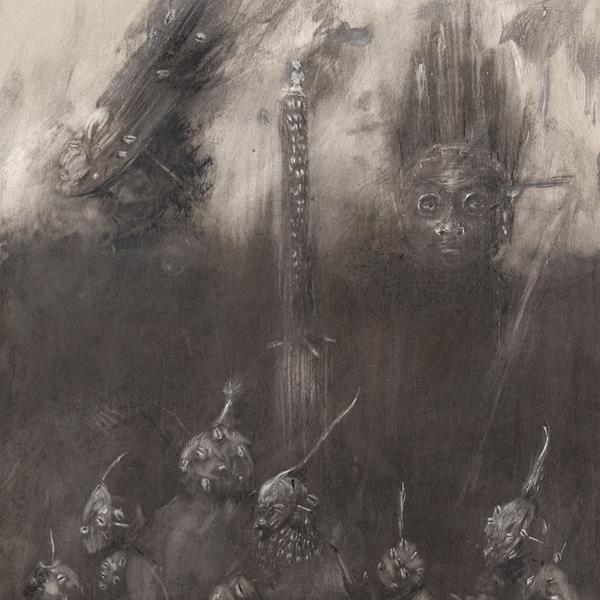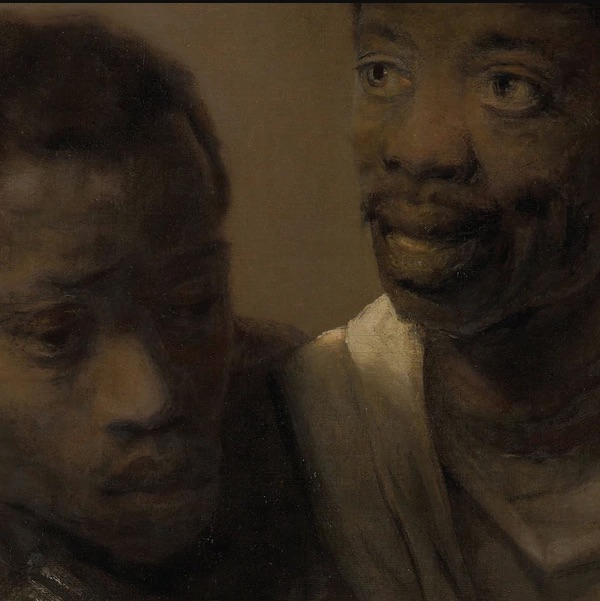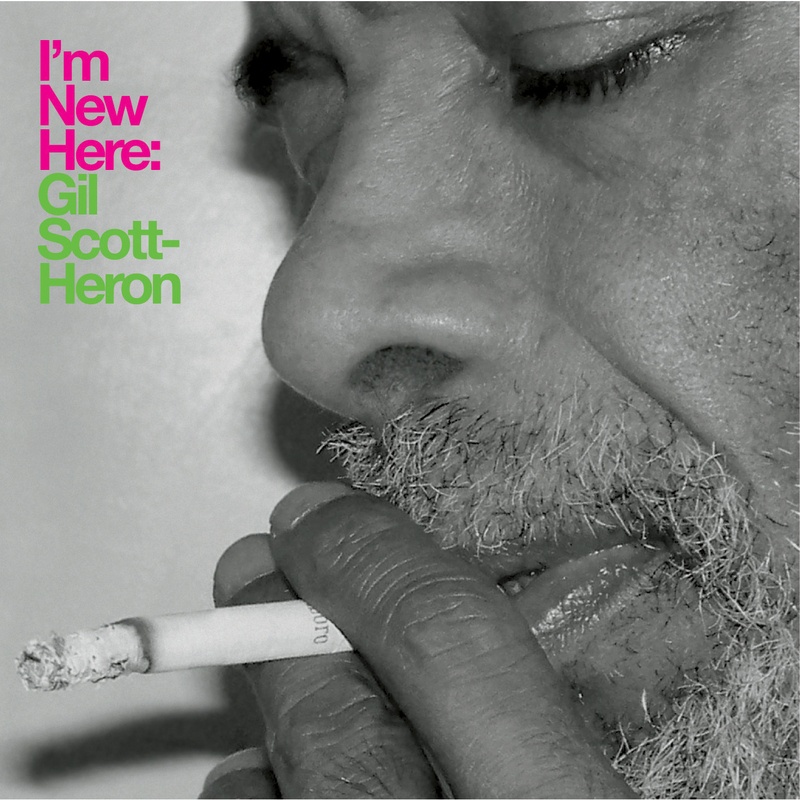Moor Mother : The Great Bailout

Moor Mother has never been without intensity: even on her least intense records, such as Jazz Codes or the most recent far more joyous Irreversible Entanglements album, there is a density and fractiousness underlying them, like the hellish electric crackle of a live wire, that forbids thinking of her work, either solo or with compatriots, as easy listening. And yet The Great Bailout still managed to storm past my defenses, producing a record that far exceeds even previous high-water marks of intensity such as Fetish Bones or Circuit City. There is a turn here, albeit a subtle one, tilting the shape of this record toward the unique post-blues beat poetry of Lonnie Holley, that particular fusion of ambient aesthetics with a hyper-historicist tesseract of voices, seeming at once to be slave song and prophet, protest call and poetic annal. It helps, of course, that he shows up on the first track as a guest, a move that feels as much like a knowing nod from MM as it does a cosigning of spirit from Holley, much like Prince’s collaboration with Janelle Monáe. Their sense of arthouse radicalism is shared and here becomes the spirit-bone, to paraphrase Hegel, efflorescing in MM’s hands as a raging fire where for Holley it is often a curious and playful flood of waters.
The border between rap and poetry is a blurred one: see, for instance, the recordings of Beat poets like Burroughs and Kerouac reading their works over jazz pieces released in the mid to late 50s which provided inspiration in part for The Last Poets, Gil-Scott Heron and Muhammad Ali’s famous spoken-word proto-rap album. Here, Moor Mother returns to her idealized form, destroying that barrier completely. Some portions of this album read less like either rap or poetry and more like screed, a cold-hearted and cruel reading of facts of the history of America and the broader West’s racial brutality, including how it manifests across gender and sexualized lines. The mood in these places feels less like a charismaless haranguing and more like something akin to Swans or Nurse With Wound at their greatest, stark and frightening monologues over abstracted jazz and electronic music propelled with an industrial and noise sensibility. It feels so often across this album that her previous focused exercises, such as her collaborative record BRASS with billy woods or the ferociously rich Black Encyclopedia of Air, were testing grounds for the polyphony of voices found here. In a certain sense, one could read this as her own Yeezus, arriving from a world where Kanye became as wise as we hoped he was instead of as foolish and myopically stupid as his sharpest critics warned us he might be.
There is, to be blunt, no chance of a crossover for this record. It is too bleak, too harrowing. Even girded for this kind of stuff, my walls filled with intense and shocking theory texts about the material shape of history and its bodies, films and novels of extreme horror, poetry and music and fine art produced from the death’s-edge of consciousness, this was a hard listen for me. None of her words here are untrue, which deepens the barbs. There are times for political work that inspires and sends people into the streets en masse; as a communist, I ardently believe that no amount of individualist stumping can cure our world of its deep and long-infected problems, that only mass movements and the politics of the masses in solidarity can reshape these ills. But so too is there a time for that human moment of weakness, a cry of anguish and terror, something that has to be expelled lest it poison us. It drastically limits the range of this record, but in doing it also puts it in the company of other great harrowing feral shrieks such as Diamanda Galas’ masterful Plague Mass, a piece that is on one hand an open-hearted cry for all the victims of AIDS slain by cruel moralists and craven political forces hardened against the plight of queer people, people of color and all working people and on the other a tender and anguished mourning for her own brother lost to the disease.
At this stage, there’s no point in dancing around the truth of the mater: Moor Mother is a genius. But how many more great works need be notched before the truth can be openly stated? Consider her run of solo albums from Circuit City till now, a ferocious and wild art-jazz industrial-noise rap-poetic psychosphere of human, queer, black and feminine pain and joy. This is even before we consider her duo albums with DJ Haram under the name 700 Bliss or her spellbinding work as part of the equally-talented jazz group Irreversible Entanglements. This, The Great Bailout, is her best record of the lot yet and equally as difficult a listen, forcing you out with the profundity of its pain and anger as deftly as it accomplishes itself. It is a challenge, a fierce one, but a deeply rewarding one, revealing a mind of wit and sensitivity, a sharp arranger and even sharper writer, able to careen between ambient windchiming of elements before letting the backdraft of lingering infernos wash clean your mind and ears. It’s heartbreaking, released in a time riven with so much heartbreak.
Label: Anti-
Year: 2024
Similar Albums:
Moor Mother : The Great Bailout
Note: When you buy something through our affiliate links, Treble receives a commission. All albums we cover are chosen by our editors and contributors.
Langdon Hickman is listening to progressive rock and death metal. He currently resides in Virginia with his partner and their two pets.




